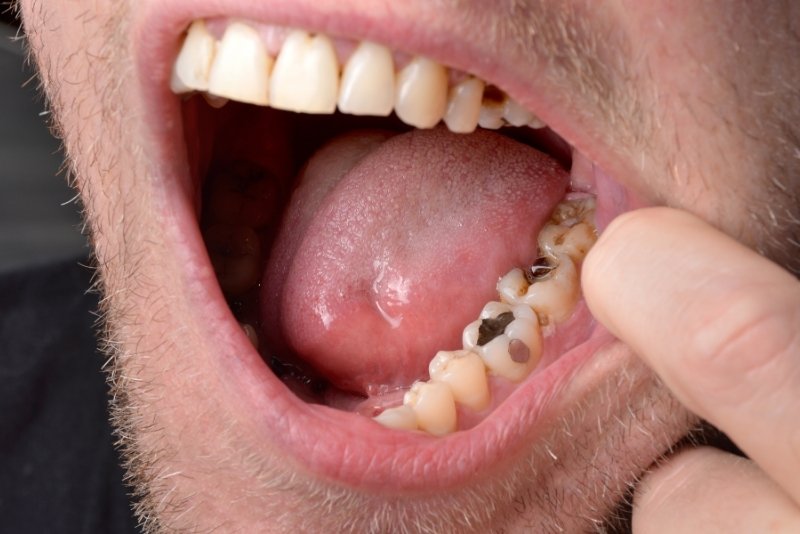Dry skin is the result of damage to the outer dead-skin cell layer which fails to hold water. Dry skin leads to flaky and itchy skin that irritates you. The factors contributing to dry skin include – damage to the skin from prolonged use of harsh soaps, harmful effects from solvents that strip lipids, severe water loss due to prolonged exposure to cold and harsh weather, or dehumidified air, and aging. Moreover, conditions like atopic dermatitis type of eczema also lead to dryness of the skin.
Dry skin is best treated by using a good quality moisturizer containing botanical oils, daily after washing your skin. However, the treatment does not just include what you apply on the skin but also depends on how you wash and clean it, the quality of the air you inhabit, as well as your clothes.
Here is a list of six treatment tips to alleviate your dry skin condition –
1. Stay away from hot showers
Many of you might like a steamy shower after a day’s work. But skin specialists say, hot water is not good for your dry skin. This is because hot showers rob the body of its natural oil barriers. This barrier is crucial for holding moisture and keeping the skin smooth and moist.
Keep the temperature of your shower tepid and don’t stay under it for long. Dermatologists advise warm showers that last for about 5 to 10 minutes. Once done, gently pat dry for less than 20 seconds and moisturize your body. When you search for ‘skin specialist near me you want a doctor who can connect with you and understand your problems better. At DocGenie, we provide just that. You can either book an in-person visit or go for online consultation with a skin specialist doctor.
2. Be gentle to your skin
Use mild soaps and cleansers that are free of fragrance or the ones containing ceramides, the fatty molecules that make up the outer barrier of your skin. These products help in holding the moisture. Some products also use synthetic ceramides to restore the ones lost with age. Do wash off thoroughly, every time after use. You can also think of using soap-less cleansers. Remember that skincare products having deodorant or antibacterial additives are known to be harsh on the skin.
Avoid using products that contain alcohol (except for hand sanitizer), alpha-hydroxy acid (AHA), fragrance, including deodorant soaps and Retinoids.
Be careful while buying alcohol-based skin products like toners, peels, and other astringents. They have a drying effect on your skin. Also while exfoliating, don’t scrub too hard, as it can aggravate and thicken your skin. For more tailored solutions, go to DocGenie, and book an online consultation with a skin doctor.
3. Shave smartly
Dermatologists say shaving irritates dry skin. Keep in mind that while you shave unwanted body hair, you also scrape off the natural body oils. According to specialists the best time to shave is after you take a shower when hairs are softer and more pliant which makes shaving easier.
Do use a shaving cream or gel, and always use a sharp razor. Also, shaving should be done in the direction the hair is growing, as it helps in protecting the skin. Change the razor blades often, as used and dull ones will lead to added irritation.
4. Prevent sun damage
One of the primary causes of dry skin is sun damage which also makes the skin wrinkled, and rough. In order to avert such damage apply a broad-spectrum SPF 30 sunscreen every day and dress in the right manner. During cold weather, wear a layered dress to thwart overheating and excessive perspiration; both of which irritate the skin. Lip balm with SPF 15 sunscreens are great to protect lips from getting dry and chapped.
During summer, go for light, loose, long-sleeved shirts when going out. A two-inch wide-brimmed hat will be a great addition to shade your neck, ears, and eyes.
5. Follow the rules of moisturizing
Another great way to soothe your dry skin is by using moisturizing products which replenish your skin barrier. Use one that has petroleum jelly, mineral oil, cream, or lotion. However, in winter think of using a heavier one that has shea butter, ceramides, stearic acid, or glycerine. Irrespective of the type you opt for make sure to follow a steady moisturizing routine. Moisturizers, be it ointments, creams, or lotions, trap existing moisture in your skin and keeps it from going dry. Go for a moisturizer that contains:
- Jojoba oil
- Dimethicone
- Glycerin
- Hyaluronic acid
- Lactic acid
- Lanolin
- Mineral oil
- Petrolatum
- Shea butter
Applying a thick moisturizer to your slightly damp skin, immediately after bathing, helps in trapping moisture. Also, remember to moisturize your hands every time after washing them. Otherwise, the evaporating water will draw moisture from your dry skin.
6. Humidify in winter
According to dermatologists in Delhi dry and irritated skin is a direct result of exposure to cold, dry air. The room heaters that keep you warm during winter also strip the air of moisture, making your dry skin even more parched. It is also important to stay away from fireplaces or other heat sources.
In order to address this, you will have to restore the missing moisture quickly. The best way is to use a humidifier in the room.
7. Wear gloves
Dry skin is mostly noticed in the hands. In order to address this wear gloves while doing the following activities –
- Going outdoors during winter
- While doing stuff that requires wetting your hands
- While touching chemicals, greases, and other such substances
8. Opt for non-irritating detergent
Those with dry skin must be careful about choosing their clothes and laundry detergent. Keep these in mind before buying them-
- Wear cotton or silk beneath woolen or rough clothing
- Always go for hypoallergenic laundry detergent
DocGenie is an online telemedicine platform that provides you with quality healthcare from the comfort of your own space. On DocGenie, you can book an online consultation with highly qualified doctors as well as book lab tests for home collection. sprunki horror Endless Fun Awaits!




One Comment